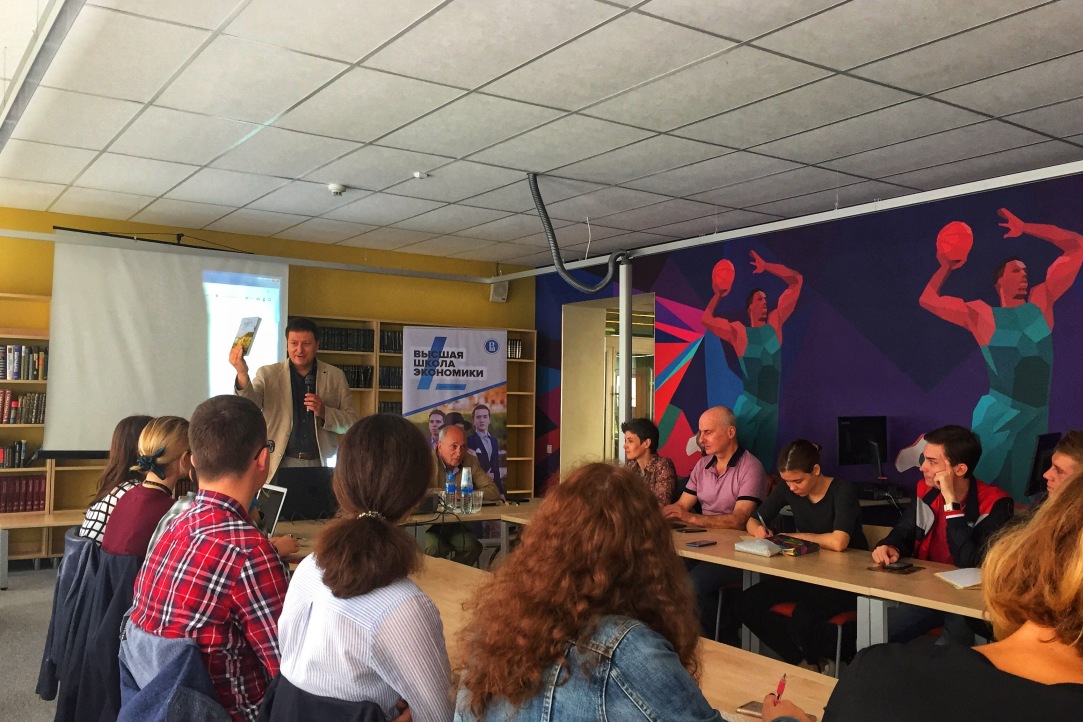The open lecture of Alexander Kamenskii

is a doctor of historical sciences, professor,
a member of the Academic Council of the Higher School of Economics,
a specialist in the history of the 18th century.
The author of many books including
"Russia in the XVIII Century: Society and Memory".
Fields of interests:
— The history of the end of the XVII-first half of the XIX century;
— The history of 18th-century everyday life;
— The history of the city of the XVIII century;
— Source study;
— Methods of historical knowledge;
— Teaching history.
During the lecture Alexander Kamensky identified the main problem in working with the sources of the XVIII century: many researchers believe that the society of that time was understandable and close to the modern, while it is actually difficult to understand the logic of that society. The author noted that in the sources there were lacking clear boundaries between estates and as a result of this incomprehensible "self-names" of people appeared and it is unclear how people saw themselves. For example, the lecturer noted that in the sources there were often incomprehensible words, when two identities unite in a person. However, the author found a solution to this problem in using copies of bills of exchange, acknowledgments, in which ordinary people gave self-descriptions .
As a result of the discussion, Kamensky came to the conclusion that in order to understand imperialism it was necessary to deal with social history, especially in such an important period for Russia when science and enlightenment had been developing actively, professions and the category of free time had appeared, all spheres of life had been reformed. The speaker also gave the audience an opportunity to discuss the issue of social structures of the 18th century.
